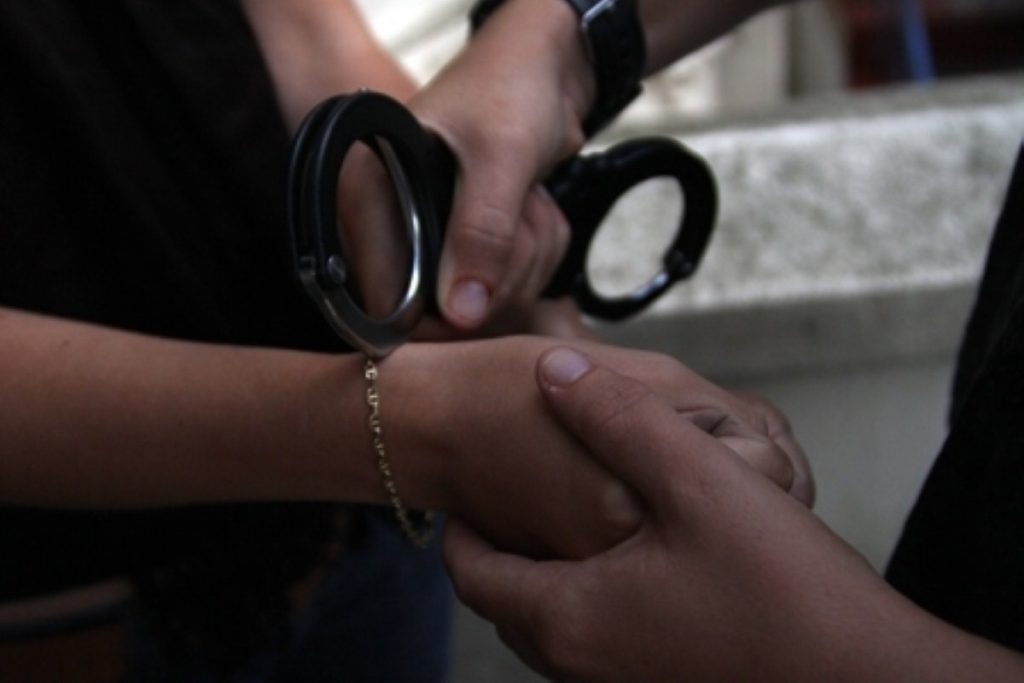Comment: Who will look after victims now Grayling has privatised probation?
By Frances Crook
I'm very worried about what is happening to victims' services. For the past century the probation service has worked with people in court for sentencing, people who are convicted and given community sentences and people coming out of long prison sentences. In addition, the service had a duty to liaise with victims, to consider them in every area of their work, and in recent years had developed real expertise in working with victims. The probation service had sophisticated restorative justice structures for engaging with victims. Now that the probation service has been broken up and sold off it seems that these services will be impossible to deliver to the same level and quality.
As far as I can tell the rump of the National Probation Service (NPS) now has responsibility for around 30 per cent of offenders (those classed as high risk) but 100% of victims. I don't see how this can work. If the NPS is not working with a perpetrator it will be extremely difficult to know who the victims are, what services they will need and keep the them up to date with relevant information.
The community rehabilitation companies (CRCs), which are now being run by companies such as Purple Futures and Sodexo, have not been given duties towards victims (aside from a duty to participate in domestic homicide reviews), but instead must assist the NPS carry out its responsibilities towards victims. In practice, this means the CRCs will refer cases where they consider victim liaison appropriate to the NPS. The burden of delivering the work remains with what is left of public-sector provision.
I don’t know why the Ministry of Justice did not sell off victims services to the CRCs alongside probation supervision. Maybe it's because the companies bidding for the contracts didn't want to do it. In the real world, liaising with victims sounds the proper decent thing to do. In the commercial world it is too risky for both profits and reputation. When some states in the US privatised probation the private companies refused to do victim work exactly for these reasons, as it is not profitable and it can damage a commercial reputation if they get it wrong.
If the companies have accepted some responsibility for providing victim services it is strange that I have heard nothing from them about victims and the resources they will dedicate to victims' services. We do not know what expertise the companies have in supporting victims of crime, which is highly-skilled and sensitive work.
Getting all the necessary information to run services for victims passed between CRCs and the NPS without delay will be a bureaucratic nightmare. It will be highly resource intensive and requires skilled staff with experience of working with victims. I struggle to believe that the CRCs, some of whom have already announced their intention to make a third of their existing workforce redundant and replace them with electronic kiosks, will dedicate sufficient resources to victim services.
As with much of the coalition government's 'transforming rehabilitation' programme, the detail about victims' services remains unclear but will need to addressed by any incoming government. It is simply not feasible for the rump of the National Probation Service to deliver services to victims when it only works with 30% of the caseload.
One of the flagship policies of the last few months of the coalition government was the introduction of an additional compulsory one year supervision by the private companies for anyone sentenced to prison for a short period. There appears to be no responsibility in the contracts with these companies to provide services for the victims of these 60,000 short term sentenced prisoners.
Over decades, and particularly at election time, political parties trumpet their support for victims. However, when it comes to it, other exigencies seem to take priority and victims may just be used as publicity pawns.
I hope these questions are the first thing the new secretary of state for justice tackles in May. Letting the current confused mess continue is dangerous for victims of crime.
Frances Crook is chief executive of the Howard League for Penal Reform. You can follow her on Twitter.
The opinions in Politics.co.uk's Comment and Analysis section are those of the author and are no reflection of the views of the website or its owners.





-01.png)